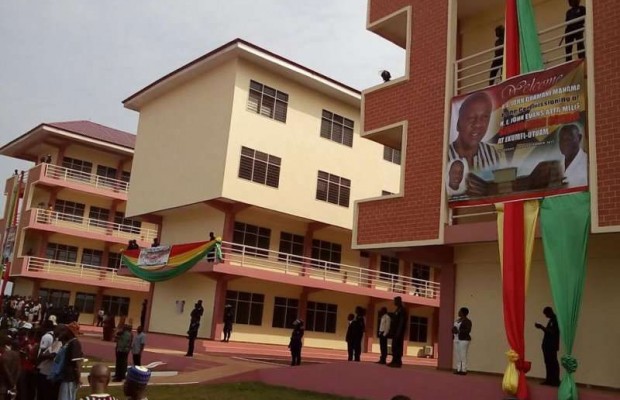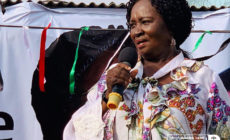Test for free SHS
- Posted on
- Comment
 There is no better means of determining the impact or otherwise of the so-called free SHS as announced by government than listening to the lamentations of parents as they amass on the corridors of the administration blocks of senior high schools clutching admission letters and prospectuses.
There is no better means of determining the impact or otherwise of the so-called free SHS as announced by government than listening to the lamentations of parents as they amass on the corridors of the administration blocks of senior high schools clutching admission letters and prospectuses.
They are going through harrowing economic times as they struggle to cough up official fees and an assortment of charges which all build up to hundreds of Ghana Cedis lest they lose out to others on the waiting lists.
The admission season is here but unlike others before it, this one is taking place at a time when the so-called free SHS as announced by the government is supposed to be operational and to reduce the burden on parents.
It is a test therefore of its significance, coming on the heels of the concerns raised about its impact or otherwise by those regarding it as a propaganda ploy and those seeking to prop it as a laudable policy that can make a difference.
Parents were overheard dismissing the so-called free SHS as of no effect when contacted by radio stations to state their stance on it. Their reactions were uniform: it is of no significance and only propaganda by government.
Forty-eight Ghana Cedis (GH¢48), which is what government has promised to pay on each day student in public senior high schools when parents make payments in excess of three hundred Ghana Cedis, is really insignificant, a joke if you like.
We sympathise with parents who are stretched beyond their seams as they struggle to ensure that their kids do not lose out. We ask government to make its financial obligations to the senior high schools timely and to realise that the so-called support they have promised giving – GH¢48 – pales into insignificance when juxtaposed against what parents are paying.
Government’s delay in releasing funds to schools and their smallness is the reason headmasters and headmistresses resort to imposing charges just so they can manage to keep the schools going.
We are aware about these silent charges which are often imposed on the blind side of the Ghana Education Service (GES). School heads who fail to do this stand the risk of varying the quality of services rendered the students in their care. The consequences of such a shortcoming can be telling on the quality of education.
School heads who do not improvise silently but seek to take on policymakers for reneging on their obligations, as they often do, stand the risk of being transferred or sanctioned in other ways.
Education, especially at the level of senior high school, is very critical. Students in this sector of the educational system are being prepared for tertiary education and must be given the best of tuition.
The quality of such education cannot be vouched when the facilities in schools are not sufficient. There have been instances when schools have had to break before the actual dates for vacation because of shortage of food to feed the students. There should be a paradigm shift in school management. The propaganda is too much.










 (Selorm) |
(Selorm) |  (Nana Kwesi)
(Nana Kwesi)